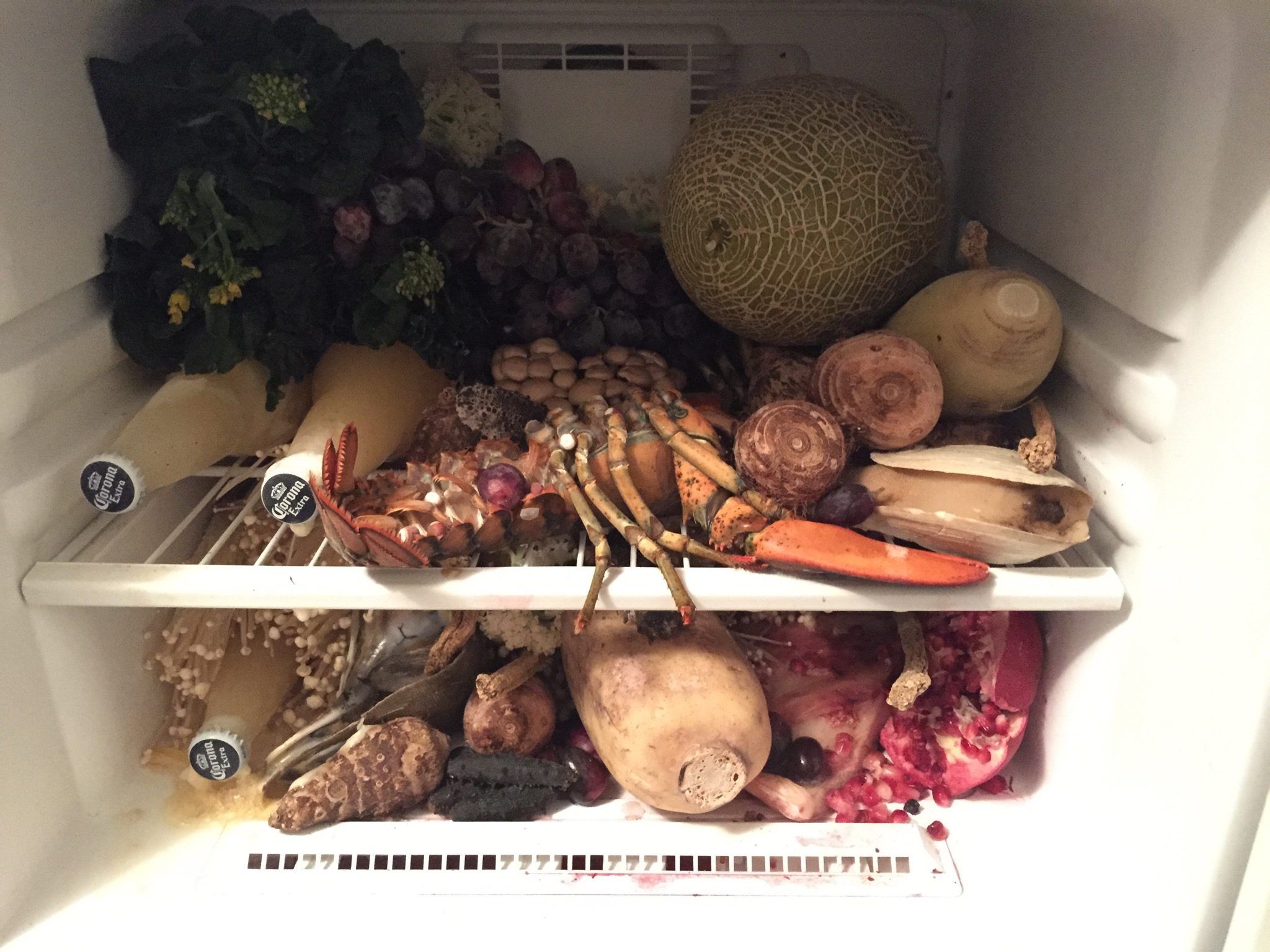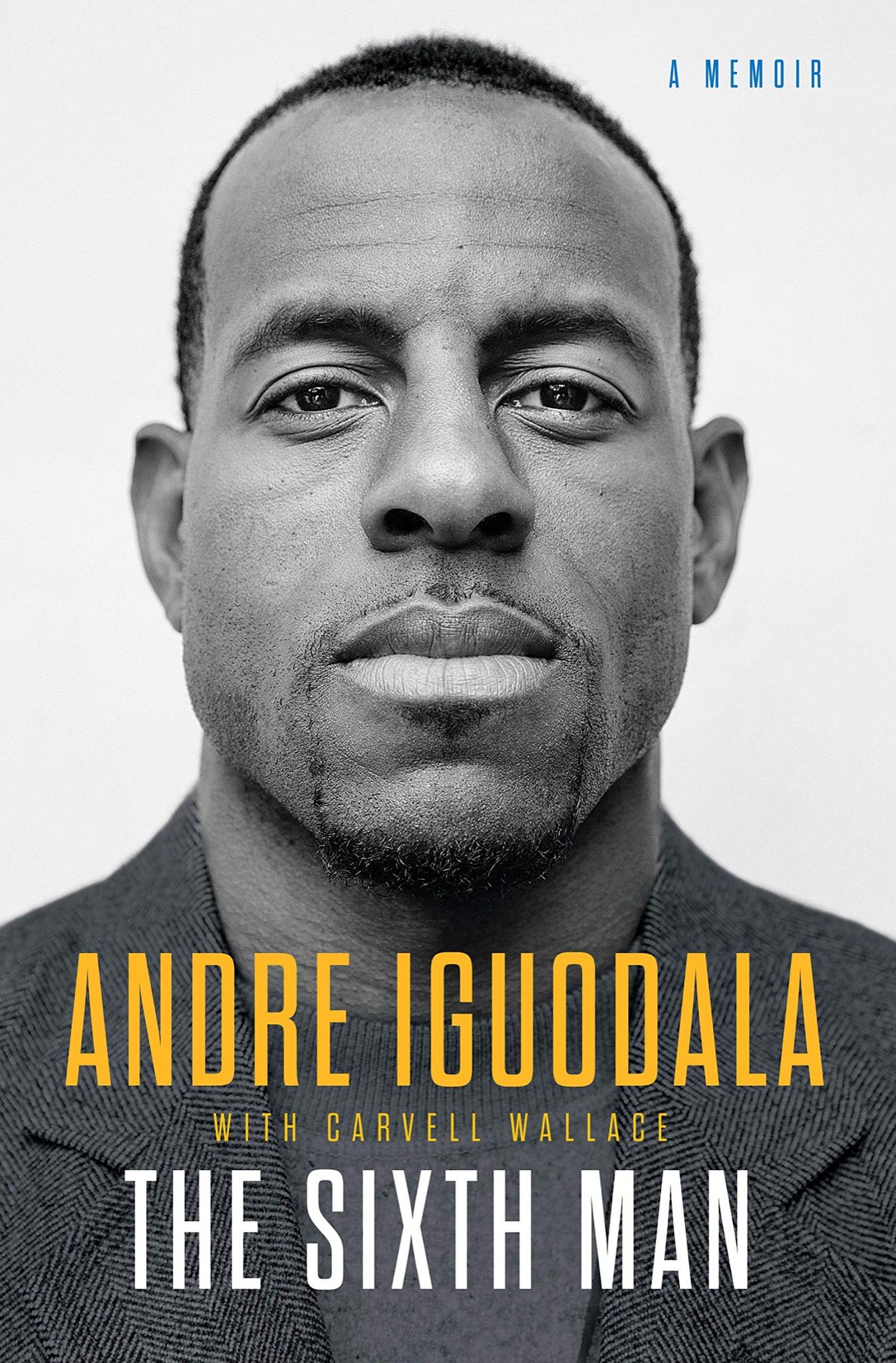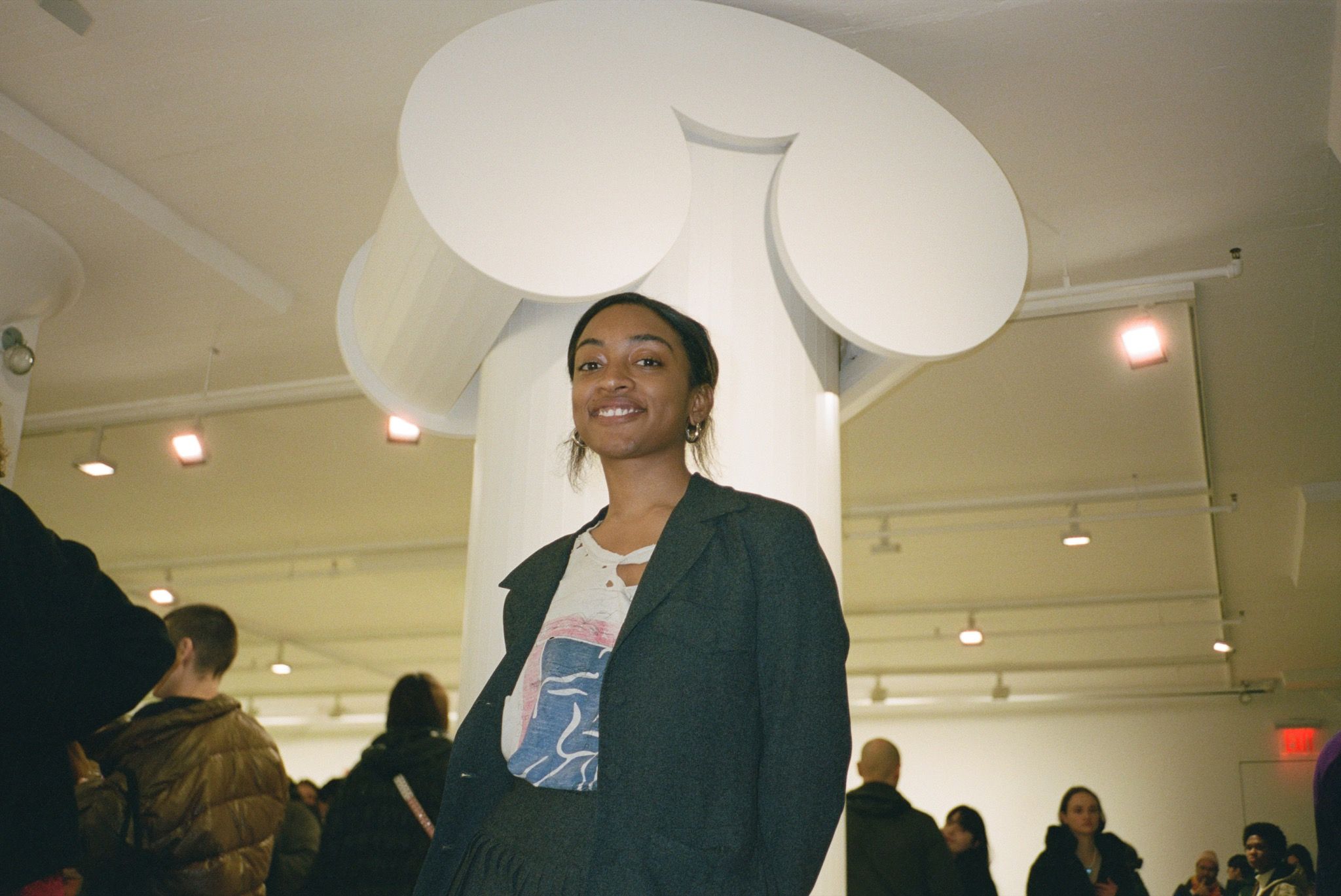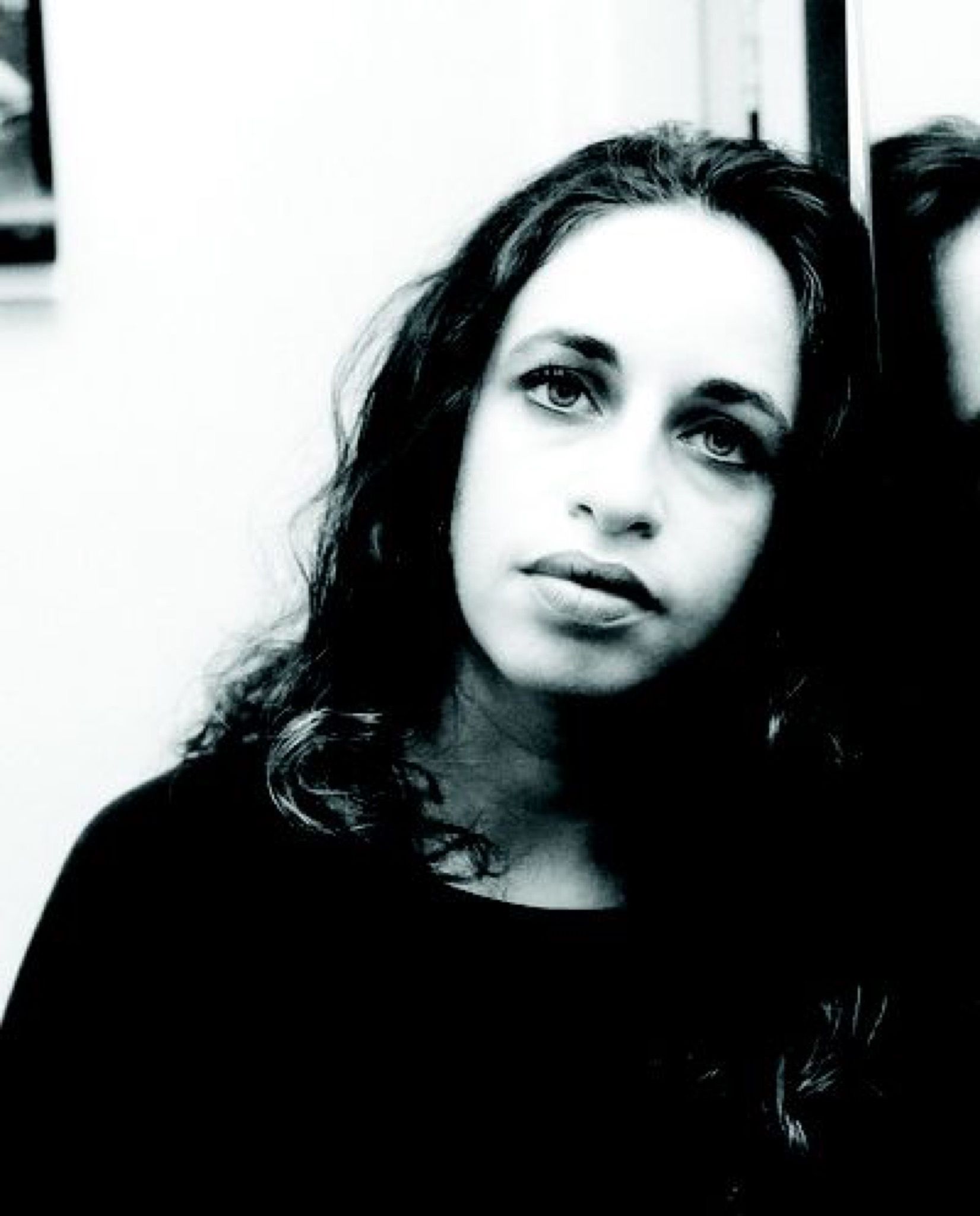“The Experience We Were Supposed to be Having”: ASAD RAZA on DIY Intimacy, Édouard Glissant, and Home Cooking
|SHANE ANDERSON
Launched in March 2020, HOME COOKING is an online platform run by a collective of artists as a way of presenting new work within a coronavirus reality.
Every day is different at Home Cooking, which began with Marianna Simnett’s workshop on making your own wings, and where you might read a new poem by Precious Okoyomon, listen to Imran Perretta spinning UK bass, or watch Korakrit Arunanondchai make “memory sauce.” Some days, you could also attend Prem Krishnamurthy’s sermon/talk show/karaoke session, practice “body crying” with Alice Heyward, observe Julie F. Hill’s live feed of distant galaxies through the Slooh telescope, or walk virtually through a field of wild fennel in the hills of Algeria with Lydia Ourahmane. Ever evolving, they’ve presented or will soon present new material from Aria Dean, Camille Henrot, Ari Marcopoulos, Phillipe Parreno, Myriam Ben Salah, Adrian Villar Rojas, and many more. When I had the opportunity to FaceTime with the artist Asad Raza, one of the founding members of the collective, last week, COVID-19 restrictions had lifted across the US as case rates continued to climb, and protests that had erupted following the murder of George Floyd had been met with a different type of state-sanctioned lockdown as curfews were imposed in many American cities. These global events and the discourse of change that surrounds them foregrounded our conversation about Home Cooking and Raza’s own practice and influences.




Shane Anderson: Let’s start with a premise: the Covid-19 pandemic is a rupture—one of those few moments in life where there’s a clear before and after. This does not mean that everything has changed. Sadly, the murder of George Floyd is proof that police brutality and racism live on. Nevertheless, there’s the feeling that things will no longer be the way they were—or shouldn’t be. As a project, Home Cooking seems to be responding to this rupture, and a number of the pieces convey a sense of urgency in the way they address themes like time, place, collectivity, and being present.
Asad Raza: I haven’t thought much about what unites the works yet, but intuitively, I’d say you are right. Time and collectivity seem particularly important and that has to do with how the project started. At the beginning of lockdown, we were suddenly home, in a globalized suspension of the ordinary ongoing “eventness” of reality. All of my projects were cancelled and so were those of friends all over the world. After a few days, I started getting these emails from other cultural institutions with installation shots or access to their archives to replace all their canceled shows.
That felt wrong to me and to people I was talking to, including Marianna (Simnett), Dora (Budor), Precious (Okoyomon), and Prem (Krishnamurthy). It was ignoring the fact that the world was not going to go back to what it was, that a number of elements of reality were way overdue to be changed. It felt like they were offering reheated leftovers, as if there was no way to do things anymore since their doors were locked. But why assume the lockdown meant the living culture couldn’t continue? So we decided to start an artist-led community, not tied to an institution.
For maybe 150 years, there’s been an overreliance on the genius of a tortured individual to produce something that will change the world, anyway. Maybe that’s why you’re seeing a generational shift to more ethical, political, and collective actions.
Anyway, it was important that Home Cooking evolve, not be set in stone, and not be tied to one tech platform. So we started with a Google document, something that can be collectively authored and edited, and added other media (so far: Instagram, Twitch, Vimeo, YouTube, and an email newsletter). And we all agreed that the work on Home Cooking should be new, created since this moment of suspension during the pandemic began. So far, there have been more than seventy contributions by more than forty artists.






Not only does home cooking have an improvisational nature, but it also connotes something nourishing and meaningful.
And there’s something “cheesy” about that. Or at least according to the normal protocols of contemporary art, which lacks the kind of emotional warmth and care that go into home cooking. What I do with my work is mushier and more affectively charged than a lot of more distanced work. That might have something to do with growing up in a Pakistani extended family where you spent a lot of time with your cousins, aunts, and uncles. Contemporary art usually deals with the individual and doesn’t see the family as being relevant to who a person is.
When I was in college, at Johns Hopkins, I felt a connection to the work of theorists I met there, including Jonathan Goldberg, Eve Sedgwick, Michael Trask, and Judith Butler. I felt close to queer theory’s idea of world-making and the idea that it was important to generate familial emotions as opposed to avoiding them. To make a family in the world.
Relationships and social networks are very present throughout your work. Even more so now that the work is taking place on social media platforms.
I was never interested in these platforms before, because I wanted to bring people to an embodied encounter in reality and allow something to happen to them. It was never easy to represent those encounters in social media, and anyway I didn’t try. The experience you had with the trees, the caretakers, and their objects in Root sequence. Mother tongue (Raza’s work presented at the Whitney Biennial and Shanghai’s Rockbund Museum in 2017) was difficult to document.
But for now, digital social networks are important because we need them. When Home Cooking started, artists who weren’t interested in social media started making works for it. Xavier Le Roy is making a piece for Home Cooking that plays with the form of a Zoom meeting: he carries the laptop through his apartment and uses it backwards, in the mirror, etc. That’s exciting. Let’s see what we can really do with these tools, not just use them as poor substitutes for the experience we were supposed to be having.
You’ve said elsewhere that you’re “trying to get away from operating as a supposedly autonomous individual.” Related to this would be the notion of care, which you just touched upon. What kind of care does Home Cooking require?
We had to develop a community of people who actually care about one another to do Home Cooking. We needed mutual encouragement to do projects in ways we wouldn’t have done before. Lydia (Ourahmane) setting our names on fire on her parents’ rooftop in Tizi Ouzou, for example. Home Cooking has a lot to do with relationships. That’s why we interview Hans Ulrich (Obrist) regularly. For him, it’s all about friendships and not just the project at hand. His approach is more like gardening. You don’t garden to make one fruit, you garden to keep things going.




“We had to develop a community of people who actually care about one another.”
You’ve worked with Hans Ulrich Obrist many times before, including when you edited Mondialité, Or: The Archipelagos of Édouard Glissant together. The philosopher and poet Édouard Glissant makes a distinction between mondialité and globalization, which is “the jet-set,” “the people who can move around and who mostly do it so fast that they don’t see the world around them.”
Glissant was writing about the problems of globalization earlier than most. I think he could see them more clearly being from Martinique. Glissant is very connected to the landscape and when he writes about rivers and rocks and mangroves, he’s talking about real rivers and rocks and mangroves. His writing helped me to think about how to use ideas in artistic contexts. At the end of the day, we’re not making ideas—or not only— we’re making an experience first.
What’s interesting about what Glissant proposes instead of globalization is that mondialité is, finally, an intuition. It’s not an analysis of the way the system could do better. It’s a global dialogue, or the intuition a Martiniquan cab driver can have about what snow in Quebec feels like. Not about concrete trade or exchange or commodity exchange, but about intuitions into the ways we’re related in some totality. Mondialité is about proposing experiences and sharing them more than it is about critiquing power.
Which feels like another way to describe some of the works in Home Cooking. I’m thinking of Lydia Ourahmane’s walk in the fennel, a guided walk through the hills in Algeria. This work has stayed with me and I was very pleased that it took place a number of times. It was something to look forward to. And in fact, a number of the pieces in Home Cooking have had a number of iterations. Some of them have also involved rituals. Have you developed any new rituals during lockdown?
My routines have been Home Cooking, lifting weights every other day, and taking my daughter for a walk around Lietzensee every morning. That’s been good because when you do the same thing every day, you start to notice the smallest details. I know now exactly where the swans are at a certain time each day and I can see into the relationship between the ducks and swans on the lake. But I wouldn’t call them rituals, that feels too–
But the point of a ritual is to activate a space in which you are fully present, aware of how the ducks and swans interact.
Sure, but for me ritual relates to some special high moment, usually related to religion. In any case, Home Cooking has become my major routine and it’s saved me. Especially these days, where it’s tough to go through the constant anger and frustration along with millions and millions of people around the world about the coldblooded murder of George Floyd by this depraved person suffocating him. It’s absolutely maddening.
There was a pause. And then we continued to talk about protests and Putin and the deity Pan. But for now, in the spirit of rupture, of not continuing, it feels important to stop here.





Credits
- Text: SHANE ANDERSON


